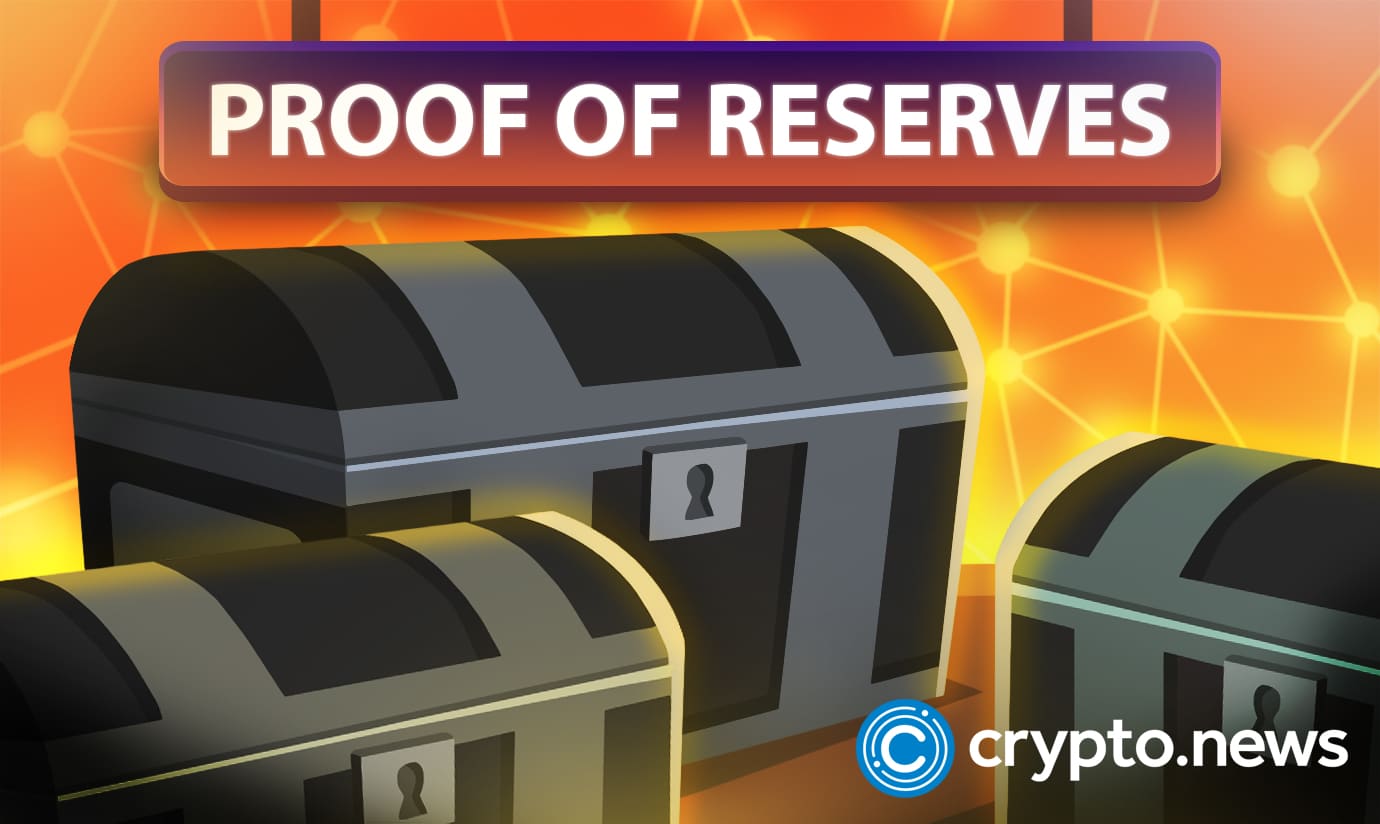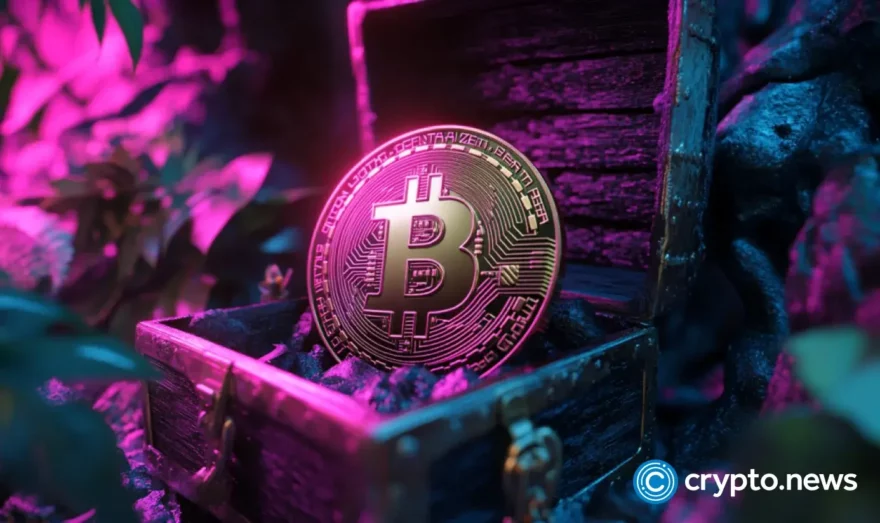OKX claims its proof-of-reserves is 100% clean

Crypto exchange OKX stated that it has a clean proof-of-reserves (PoR) comprising the industry’s most considerable assets (bitcoin, ethereum, and USDT). As per the platform, it is the third monitor for January.
OKX has $7.5 billion in virtual assets
A press release on PoR claims OKX has $7.5 billion of clean assets, mostly in ethereum (ETH), bitcoin (BTC), and USDT. The statement was also verified by a third-party analyzing company dubbed CryptoQuant and proved the trading platform hasn’t any glitches.
CryptoQuant is an organization that investigates the reliability of exchange and gives out the metrics to the users. Per the press release, its analysts claimed that OKX was 100% sufficient and operational, with 105% for ethereum, 105% for bitcoin, and 101% for USDT.
On the other hand, Binance, a digital exchange platform giant, was said to be 87% clean, Huobi 60%, and Bitfinex 70%.
Following the report, Rafique Haider, OKX CMO, stated that trust, transparency, and security are considered the organization’s core values to satisfy their clients fully. According to him, the organization will continue to provide data on their reserves as required to their clients.
Rafique declines on generating stablecoin
When asked about generating their stablecoin as seen from other independent exchanges such as Binance and FTX with FTT, Rafique responded there is no need for exchanges to initiate stablecoins for conducting transaction activities as they impose higher risks to the crypto ecosystem. Therefore, the issue circulates on the native token to build a reliable audited environment.
The new OKX website design permits its clients to check on the calculated proof-of-reserves, such as for BTC, USDT, and ethereum. This feature also determines the PoR ratio; liabilities can be verified with the new tool inclined to OKX.
The Proof of Reserve audit is critical as it informs individual and institutional investors of the exchange to trust that it is reliable with time. This is to evade specific issues embedded in the industry, such as FTX’s saga that led to the arrest of their owner known as Sam Bankman-Fried.
SBF’s case arose after liquidating customer funds deposited into the exchange, yet the organization faced multiple drawdowns. Instead, he later drove the liquidators to invest more in Alameda, his company, where it collapsed. Caroline Ellison, the former Alameda CEO, has pleaded guilty to the charges and fully cooperates with the US prosecutors.

















